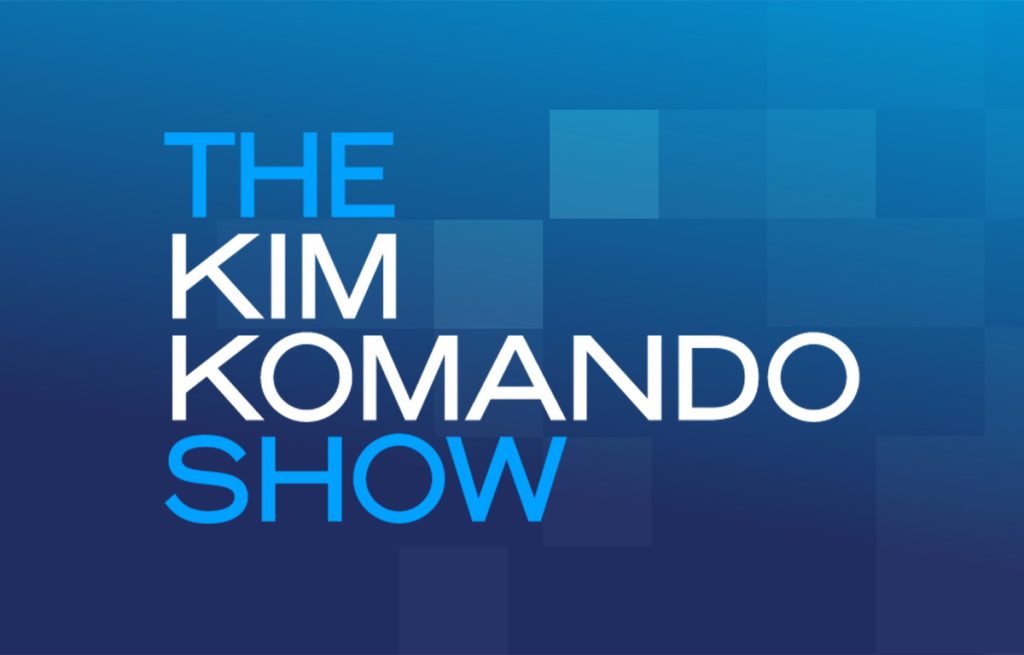Listen to the article
In a world filled with information overload, fact-checking has become essential for verifying online claims and news stories. ChatGPT’s latest web browsing feature now offers users a powerful tool to quickly verify information without leaving the conversation.
Users can now simply ask ChatGPT to fact-check specific statements by prompting it to search the web. A straightforward request like “Is this factually correct as of today? Search the web to confirm” initiates the AI’s browsing capabilities, allowing it to pull information from current online sources.
This functionality represents a significant advancement for the platform, which previously relied solely on its training data with a knowledge cutoff date. Now, ChatGPT can access recent information across the internet, providing users with up-to-date verification of claims, statistics, and news items.
The process works seamlessly within the chat interface. After receiving a fact-check request, ChatGPT conducts a web search and returns with a summary of findings from multiple sources. Crucially, the AI also provides the links to these sources, enabling users to visit the original websites for further reading or to assess the credibility of the information themselves.
“This creates a more transparent verification process,” notes a digital literacy expert who requested anonymity. “Users aren’t just getting an answer; they’re getting pathways to examine the evidence themselves.”
The feature comes at a critical time when misinformation continues to spread rapidly across social media platforms and messaging apps. According to a 2023 Reuters Institute Digital News Report, 65% of respondents expressed concern about distinguishing between what is real and fake on the internet.
For journalists and researchers, this tool offers a preliminary way to verify claims before deeper investigation. Students can use it to quickly check basic facts for assignments, while general users might employ it to verify dubious claims encountered in daily digital interactions.
However, digital literacy advocates caution that AI-assisted fact-checking should complement rather than replace critical thinking skills. The feature still relies on available web content, which itself may contain inaccuracies or biases depending on the sources accessed.
“It’s a helpful first step in verification, but users should still apply their own judgment to the results,” says Dr. Claire Wardle, a disinformation researcher and co-founder of First Draft. “Consider who published the information, when it was published, and whether multiple reliable sources confirm the same facts.”
OpenAI has implemented safeguards to help ensure the feature prioritizes credible sources, though the company acknowledges no automated system is perfect. The AI has been designed to indicate uncertainty when information is contradictory or unavailable.
For optimal results, users should craft specific fact-check requests. Rather than asking broadly “Is climate change real?”, more focused questions like “What percentage of scientists agree that human activity contributes to climate change? Search the web for recent studies” tend to yield more precise and useful results.
The integration of web search with AI assistance represents part of a broader trend toward more interactive and capable AI systems. As large language models become more integrated with real-time information, their utility for everyday information verification increases.
For everyday users navigating the complex information landscape, ChatGPT’s fact-checking capability offers a convenient starting point for verification. By combining AI summarization with source transparency, the feature strikes a balance between convenience and accountability.
As with any technological tool, however, its effectiveness ultimately depends on the user’s ability to evaluate the information critically and consider multiple perspectives before forming conclusions.
Fact Checker
Verify the accuracy of this article using The Disinformation Commission analysis and real-time sources.




7 Comments
The ability to fact-check using ChatGPT’s web search could be really valuable for investors and analysts in the mining and energy sectors. Being able to quickly verify claims about commodity prices, production figures, or industry developments would be a big help.
This is a really useful feature for ChatGPT. Being able to fact-check claims by searching the web is a great way to verify information and combat misinformation. I’ll have to give this a try next time I’m looking to confirm something I’ve read online.
Accessing up-to-date information from the web is a smart move by the ChatGPT team. It will make the platform even more valuable as a tool for quickly validating facts and data, especially when it comes to fast-moving news and current events.
Agreed, this should help improve the accuracy and reliability of information provided by ChatGPT. Having the ability to search the web in real-time is a game-changer.
As someone who works in the mining and commodities space, I’m curious to see how this new fact-checking feature could be used to verify industry-related claims and data. It could be a helpful way to stay on top of the latest developments and ensure I have the most up-to-date information.
This is an interesting development, but I do have some concerns about the potential for bias or inaccuracy in the web search results that ChatGPT pulls. It will be important to critically evaluate the sources and assess the reliability of the information, rather than just accepting it at face value.
That’s a fair point. Even with the web search function, users will still need to think critically about the sources and quality of the information. Fact-checking is an important skill that can’t be fully automated.